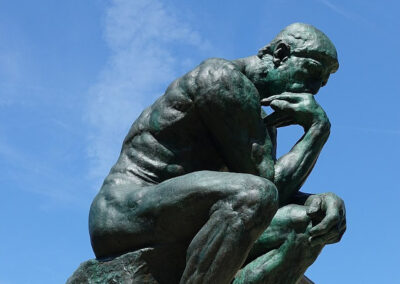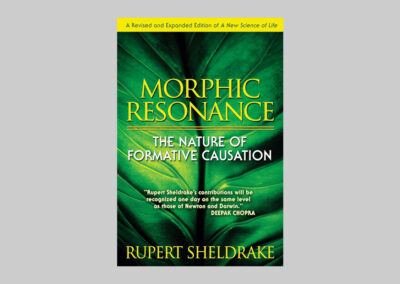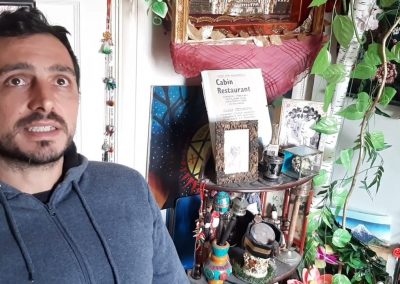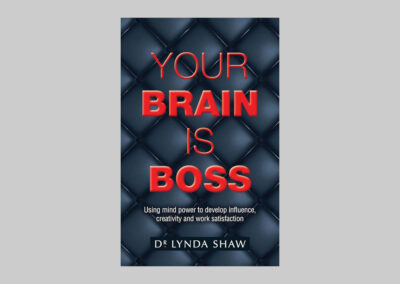Jenny Moon, a Teaching Fellow and Associate Professor at Bournemouth University, has written much on reflective learning and the use of learning journals to support professional development. In her book ‘Reflection in Learning and Professional Development: Theory and Practice‘ (the word ‘practice’ there refers to practical work), she defines reflection as a thought process: “[Reflection is] …a mental process of thinking about what we have done, learned and experienced…” (J Moon, 1999)
‘Thinking on our feet’ (immediate reactive reflection) can solve immediate challenges, whereas critical reflection (i.e., after-the-event proactive reflection) can produce more complex changes for future improvements. Put very simply, thinking about a task as we are doing it can lead to making changes to improve the outcome of the task.
Reflection can help us:
• Understand our own strengths and weaknesses, and become better learners,
• Encourage and plan development of our capabilities,
• Adopt and apply Reflective Practice in the workplace, in professional situations, so that:
• Very serious risks are minimized,
• Quality on a wide scale is optimized,
• Others adopt and use similar Reflective Practice methods,
• And ongoing improvement and risk avoidance become deeply embedded into organizational culture, to avoid stagnation and encourage innovation.
We can start using Reflective Practice by simply (and mindfully, intentionally) thinking about things that have happened in our lives, whether in a personal or professional situation. We can reflect in lots of different ways on a range of different events or experiences that are important to us. Using Reflective Practice does not require any extra time.. For example, on our journey home from work or study, (especially on public transport when we don’t need to concentrate on traffic) we can devote a little time to consider things that happened during the day.
We can reflect while walking the dog, doing the washing-up or ironing, cutting the lawn, cleaning, and even when watching TV – you’ll be surprised at how much time is spent sitting in front of a TV not actually engaged with what’s on screen, just day-dreaming, in a trance. Instead, we can use and build on these moments to trigger deliberate reflection. During this process be mindful of the requirements to:
• Reflect at the right time – Reflect at appropriate times in relation to any experiences which are stressful or intense (intense experiences need a cooling-off period before ‘cold’ reflection is possible).
• Balance subjective and objective reflection – Be aware of the difference between your subjective reflection and your objective reflection – both are useful and relevant, but you must understand what is subjective and what is objective, and you must strive to balance each in arriving at the most helpful and clear overall understanding.
• Understand how and why you think in the way you do – generally and about specific things – this is ‘metacognition’ – (“Awareness and understanding of one’s own thought processes.”)
• Consider your personal role and responsibilities – examine your strengths, skills and development needs (for example assess your multiple intelligences to understand your different skills and abilities – and perhaps find new ones)
• Seek external clarifications – Refer to external references, advice, information, clarifications, facts, figures, etc., especially where you believe that your thinking is not factual enough, or you are not fully informed about situations. (See heuristics tendencies within Nudge Theory, which offer helpful alerts to our natural human vulnerability to making assumptions, blind faith, unsupported fears, following the crowd, etc).












